jzmtl
Flashlight Enthusiast
Just wondering if I should take arc aaa off my neck when swimming. So surfaces come in contact with pool water include polycarbonate, bare aluminum, HAIII, stainless steel, and paracord.
 Help Support Candle Power Flashlight Forum
Help Support Candle Power Flashlight Forum
wearing a light around your neck could be dangerous for you though. If it got caught on something it could cause you some trouble, and more importantly, if you were ever involved in assisting a potential drowning victim, they could grab onto it and drag you down too. I know that the odds of that happening are pretty slim....but so aren't the odds that you'll need the light while you're swimming. I'd leave it with your towell.
Just wondering if I should take arc aaa off my neck when swimming. So surfaces come in contact with pool water include polycarbonate, bare aluminum, HAIII, stainless steel, and paracord.
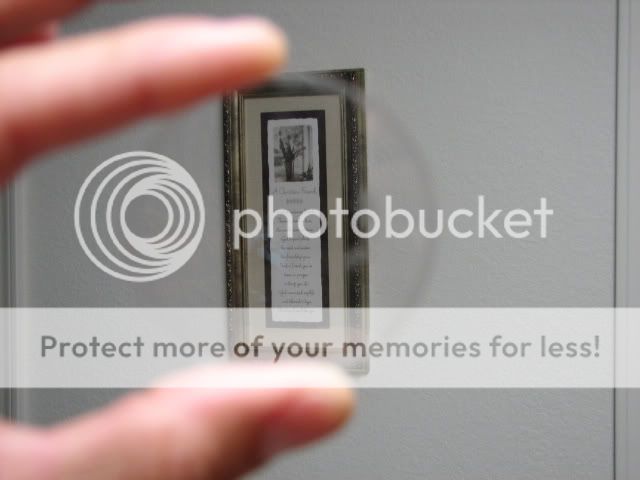
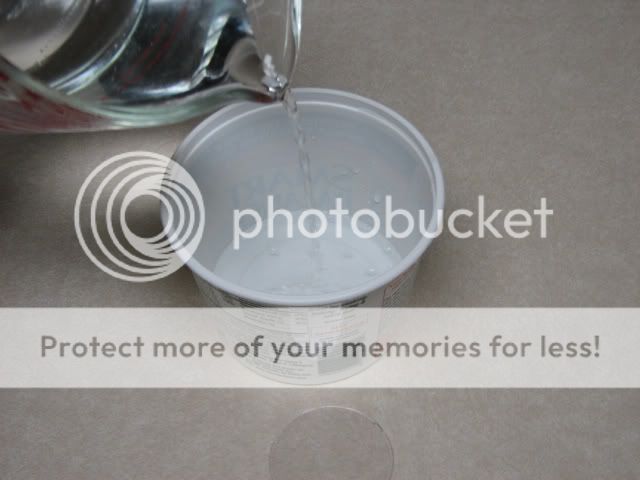
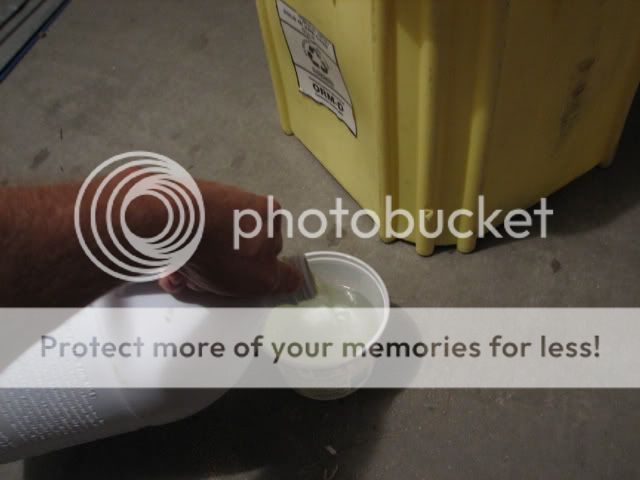
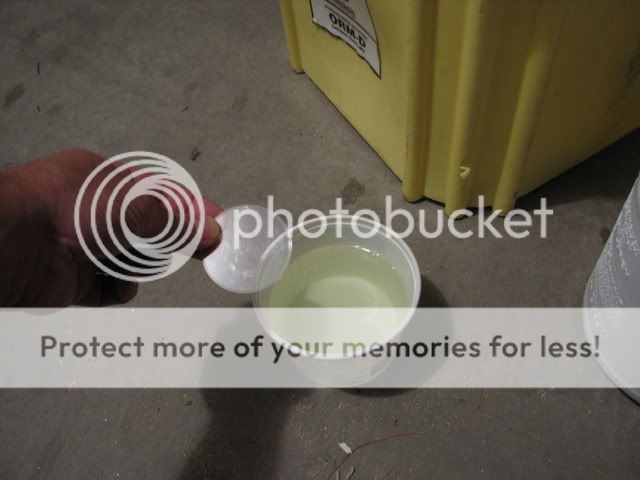
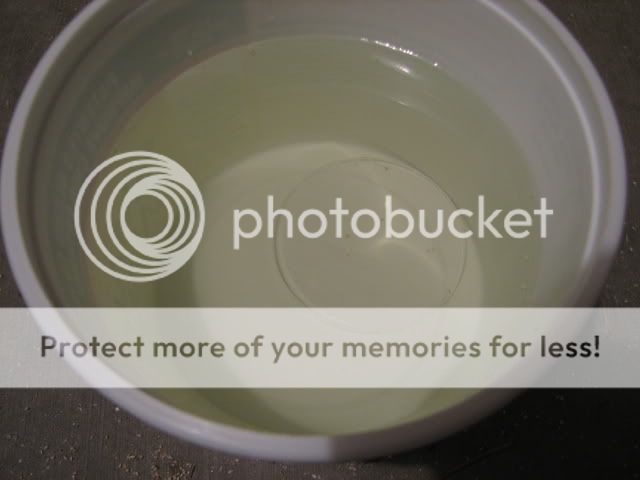
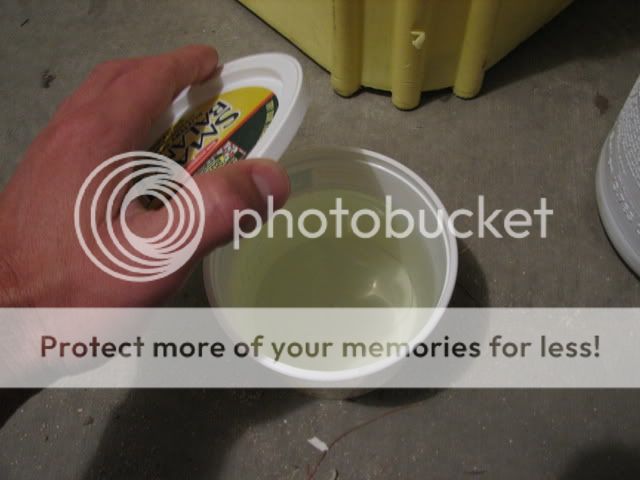
Stainless steel is vulnerable to chloride attack. Teflon (sometimes used in o-rings) is also susceptible to chlorine attack. Polycarbonate can have some problems as well with chlorine gas. Whether or not the concentration is high enough in your application, who knows.
Handlo, that sounds OT...what does galling have to do with water? regardless of sea, or chlorinated...
Crenshaw
Yes, pure chlorine gas is highly corrosive... and extremely toxic. We're talking about pool water here, you can practically drink the stuff. The chloirine in a pool is an entirely different form, not sure of the chemistry exactly.
Handlo, that sounds OT...what does galling have to do with water? regardless of sea, or chlorinated...
Crenshaw